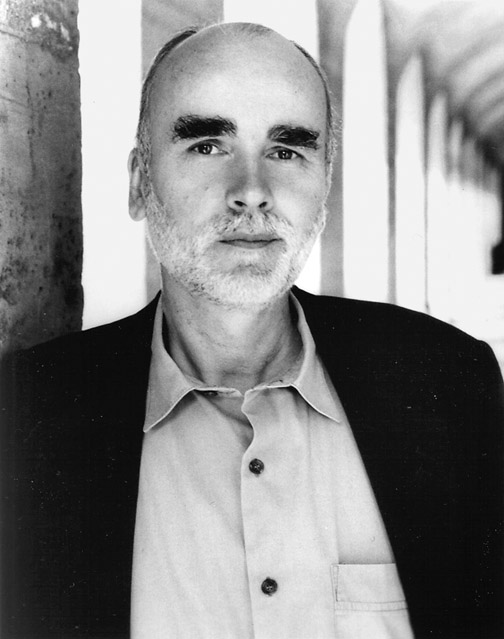Poetry Review: Eternal Enemies By Adam Zagajewski
Eternal Enemies By Adam Zagajewski


Latest Article|September 3, 2020|Free
::Making Grown Men Cry Since 1992




